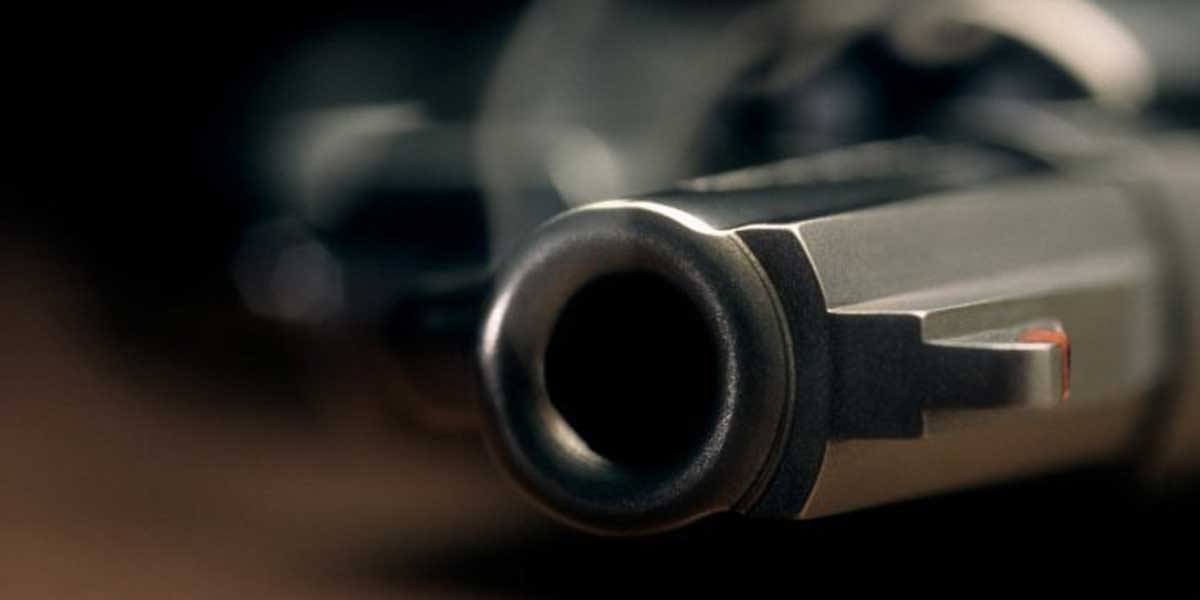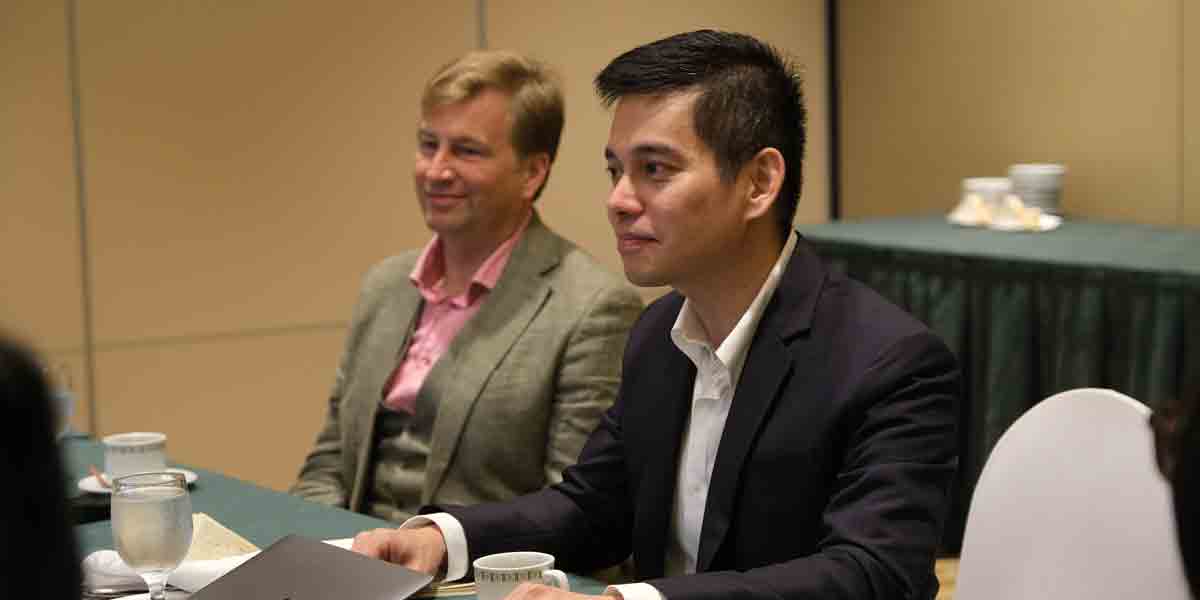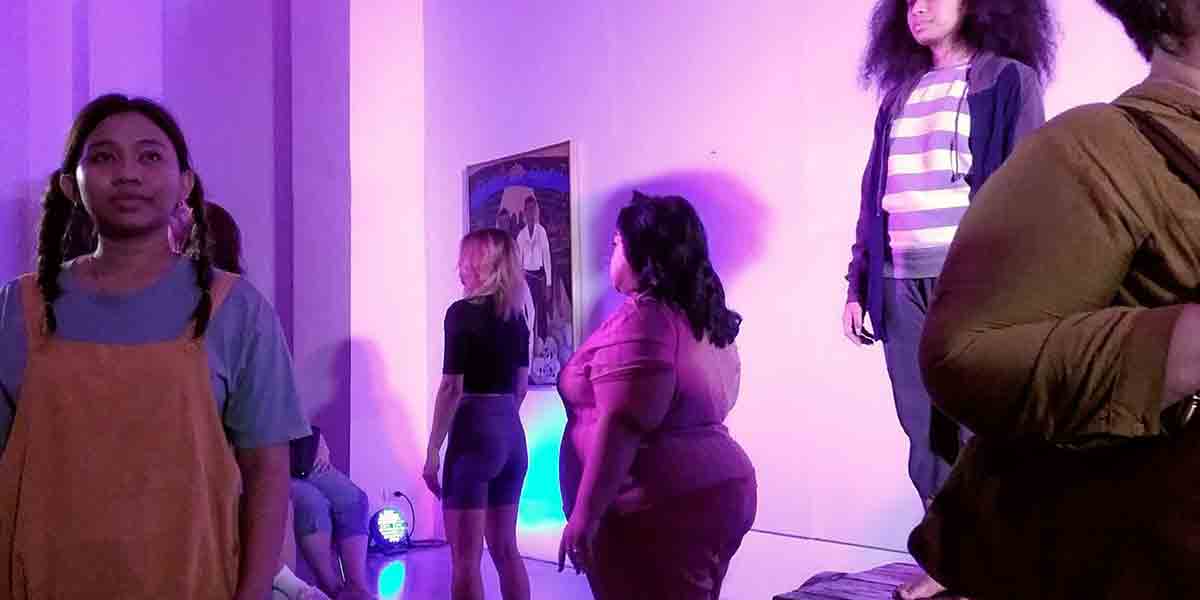 By Joshua Corcuera
By Joshua Corcuera
Recently, news feeds are full of reports wherein the Commission on Audit (COA) raised red flags on discrepancies in government funds. Specifically, the Department of Health (DOH) was flagged for misusing roughly P67 billion according to COA. This, however, is just the tip of the iceberg. In fact, more government agencies aside from DOH have been called out by state auditors.
To give the reader an idea of the flags raised by COA in recent days, I enumerated some of the issues raised by such constitutional commission and reported by various news outlets:
- P 67.3 billion deficiencies in COVID-19 funds including P 11.9 billion unused risk allowance and hazard pay
- P 1.2 billion unutilized, undelivered equipment
- P 3.97 billion undocumented projects, doubtful transactions
- P 65.3 million deficiencies in procurement of assets
- P 700,000 for 4 high-end laptops
- P 1.26 million purchase of hygiene kits, napkins, and thermal scanners from a hardware store
- P 10.835 million infinity pool and additional room in a training facility
The list I wrote is merely some of the issues and deficiencies raised by COA. Obviously, the deficiencies are so enormous that the public — in social media at least — were livid and furious. The president, responding to the allegations, claimed that he will not accept the resignation of the health secretary. Unsurprisingly, such a statement did not sit well with the masses. The chief executive even went further to telling COA not to flag such discrepancies.
However, as a third-year accountancy student — who, coincidentally, is about to take auditing theory and auditing applications this semester — I find and scrutinize that such statement is preposterous. According to Article 9 of the Constitution, the COA is tasked to audit all receipts and disbursements, revenues and expenses of the government and its agencies and the businesses connected to such (see GOCCs). To ensure and fulfill such a mandate, the COA is perceived by the Constitution as an independent commission, a commission not within the power of control of the president. Otherwise stated, the chief executive cannot intervene in the audits made by the COA.
All I have to say is this: walang drama, trabaho lang; hindi walang trabaho; drama lang.
Additionally, last August 17, the health secretary claimed that COA should consider that we are in a state of public health emergency. He added that he was hurt, in his own words, “hindi na ako makatulog.” If I were him, someone who cannot sleep peacefully at night as thoughts haunt my consciousness, I would resign — even if it would be rejected. After all, the recent issues raised by state auditors are not the only reason for resignation. As we can see, the Philippines did not really win in its fight against COVID-19 — a far reality from our neighbors. And no, we struggle to win not because of the Filipino people but because Filipinos, according to multiple studies last year, are among the most compliant to preventive measures such as wearing masks and staying home. The health secretary also said, “maawa naman kayo,” during a House committee hearing in response to the deficiencies raised by COA. But it begs asking, had he and the-powers-that-be felt merciful or compassionate to frontline workers and to the Filipino people suffering from a pandemic? This is timely to ask considering that many countries are gradually returning to normal.
At this point, it seems imperative for me to discuss my thoughts on the accountancy profession. The said profession is renowned for performing audits besides other enormous responsibilities such as taxation, advisory, assurance, and so on. Unlike lawyers, doctors, engineers, scientists, the accountancy profession is one which I do not hear so often from young people (those in kindergarten or grade school) as something they aspire to be when they grow up.
In light of the recent findings by state auditors, I am hopeful that, despite the immense difficulty and low board exam passing rate, more children will look up to the accountancy profession as something crucial in society — a profession that sets things right by calling out the abuses and misuses by the-powers-that-be, a profession that values truth, transparency, and accountability.




















